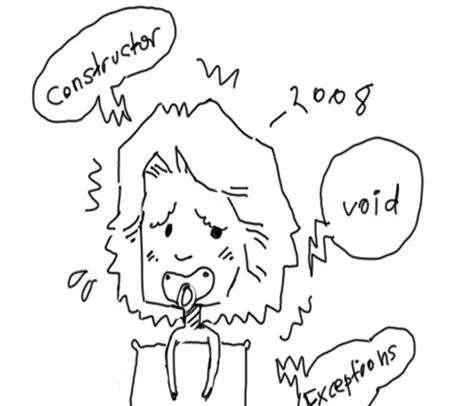The Journey of Programming Mastery: When Skills Take Flight
A comprehensive exploration of how programmers experience breakthrough moments in their skills, from mastering fundamental concepts through reading classic texts to gaining practical experience through challenging projects and open source contributions.

Programming mastery rarely comes in a single moment - rather, it emerges through distinct phases of growth and revelation. As developers progress in their journey, several key milestones mark significant leaps in their capabilities.
The foundation begins with learning to look beyond basic tutorials and documentation. While resources like Baidu can be helpful for beginners, relying too heavily on simplified Chinese-language materials can limit one’s growth. Engaging with English technical documentation and international programming communities opens up vast new horizons of knowledge.
A transformative moment occurs when developers start reading classic computer science texts. Books that were once intimidating become enlightening as concepts click into place. Works like “Unix Network Programming” and “Computer Systems: A Programmer’s Perspective” begin to reveal the deeper architectural principles underlying software systems.
Project work represents another crucial inflection point. Whether building games, tools, or systems, tackling projects of increasing complexity forces developers to apply theoretical knowledge in practical ways. One respondent described how creating a game with over 5,000 lines of code marked a quantum leap in their understanding.
Many developers experience dramatic growth when they begin seriously studying open source codebases. Reading and understanding how experienced programmers structure large systems provides invaluable insights. Projects like the STL implementation and networking libraries become living textbooks.
Business requirements and user-facing work add another dimension of mastery. Building systems that must perform at scale and handle real-world constraints teaches lessons that no textbook can fully convey. The ability to balance technical elegance with practical needs marks true engineering maturity.
The most profound growth often comes through contribution to the broader programming community. Whether through open source work, technical writing, or mentoring others, teaching forces deeper understanding. Many developers report that explaining concepts to others revealed gaps in their own knowledge and drove them to new levels of mastery.
Throughout this journey, maintaining fundamental skills through regular practice remains essential. Many experienced developers still solve daily programming challenges to stay sharp. The path to programming mastery is not a destination but a continuous process of growth and learning.
As developers progress in their careers, they often find that technical skills are just one part of the equation. Soft skills like communication, project planning, and understanding business needs become equally important. True mastery means being able to navigate both the technical and human aspects of software development.
The journey of programming mastery is highly individual, but certain patterns emerge consistently. It requires dedication to fundamentals, willingness to tackle increasingly difficult challenges, and engagement with the broader programming community. Most importantly, it demands the humility to always keep learning and growing.